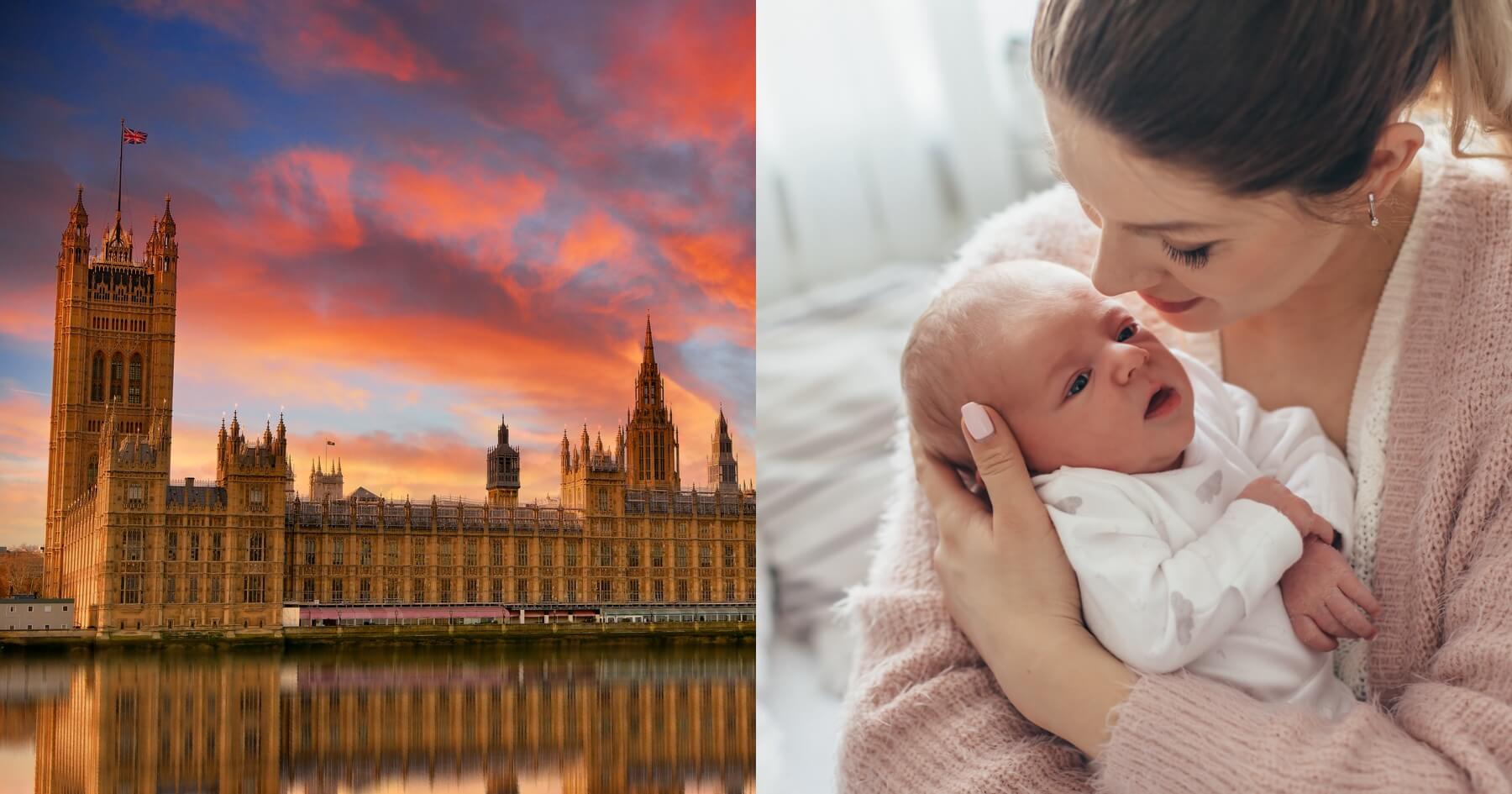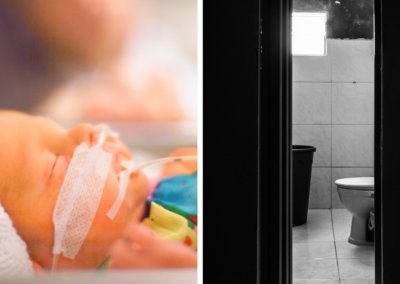The Department of Health and Social Care has confirmed that the temporary measure that allowed ‘DIY’ at-home abortions to take place during the COVID-19 pandemic will be wound down, with a return to the pre-pandemic safeguard of an in-person appointment as part of the abortion process from 30 August 2022.
The Government also announced the results of a consultation on whether ‘DIY’ at-home abortion provision should be ended, which showed that 70% of submissions to the consultation supported ending the temporary policy immediately.
As COVID-19 emergency measures came to an end in England today, the Government has also chosen to wind down the temporary provision of ‘DIY’ at-home abortions. This provision which was initially introduced at the beginning of the pandemic in March 2020, and was set to expire at the end of next month, will now officially end at the end of August.
This decision comes after multiple calls were made by MPs and medical professionals, for the Government to end, what has been proven to be a dangerous provision.
The Government also announced the results of a consultation on whether ‘DIY’ at-home abortion provision should be ended, which showed that 70% of submissions to the consultation supported ending the temporary policy immediately.
Significant problems with ‘DIY’ abortions
A number of significant problems have arisen since ‘DIY’ home abortions were introduced during the COVID-19 pandemic, as the policy has left women and girls facing unplanned pregnancies to self-administer their own abortions at home without in-person medical supervision, reliable in-person safeguarding checks nor a routine in-person medical examination.
A study released in November 2021 suggested that more than 10,000 women had to receive hospital treatment following the use of medical abortion pills in England between April 2020 and September 2021.
Over 600 medical professionals have signed an open letter to the Scottish, Welsh and English Governments calling for an end to ‘at-home’ abortion due to concerns that it has led to a number of abortions occurring over the ten-week limit and that it fails to protect women and girls from being coerced into an abortion against their will.
A leaked email from an NHS England and NHS Improvement Regional Chief Midwife on the ‘escalating risk’ around home abortion disclosed that there have been several incidents including ruptured ectopic pregnancies and resuscitation for major haemorrhage, that a woman who received ‘at-home’ abortion pills through the post was found to be 32 weeks pregnant, and that there are three police investigations linked to late ‘at-home’ abortions, including a ‘murder investigation as there is concern that the baby was live born’. Government data also suggests that complications from ‘home abortions’, including haemorrhage, uterine perforation and/or sepsis, following a ‘DIY’ home abortion are likely to have been vastly underreported.
In May 2020, UK police were investigating the death of an unborn baby after its mother took ‘DIY’ home abortion pills while 28 weeks pregnant.
A nationwide undercover investigation, undertaken by Kevin Duffy, a former Global Director of Clinics Development at Marie Stopes International, found evidence of abortion providers putting women at significant risk by not carrying out basic checks before sending them ‘DIY’ home abortion pills. The investigation also discovered ‘DIY’ home abortion pills can easily be obtained and administered to others, potentially in a coercive manner.
A surge in 999 calls has been documented in England and Wales in relation to women performing ‘DIY’ abortions.
Polls show UK wants ‘DIY’ home abortions to end
Polling from Savanta ComRes shows that the general public and GPs want ‘DIY’ home abortions ended. 71% of the general population and 75% of women in England are concerned about women undergoing an abortion procedure at home. The polling also shows that 84% of the general population and 86% of women are concerned about women being at risk of being coerced into an abortion by a partner or family member during the home abortion process where a doctor does not see the woman in person.
Further polling of GPs showed that the majority have serious concerns about ‘DIY’ abortion schemes. For example, the poll showed that eight in ten GPs (82%) say they are concerned about the possibility of abortion pills being falsely obtained for another person with a telemedicine abortion appointment where the doctor has not seen the woman in person.
Similar results have been found from polling of the general public in Scotland. Public opinion on this issue in England and Scotland is likely to be close to where public opinion sits in Wales.
Catherine Robinson, spokesperson for Right To Life UK, said: “Given that the current temporary provision continues to put women at risk, we are disappointed that the provision has not been ended on its planned end date of 30 March 2022, but we do welcome the Government’s decision to ensure that women get an in-person appointment before having an abortion and make sure no more women are put at risk by the temporary provision from 30 August 2022”.
“At-home abortion schemes have been linked to a series of scandals where women have been put at risk by the removal of an in-person consultation. A study released in November 2021 suggested that more than 10,000 women had to receive hospital treatment following the use of medical abortion pills in England between April 2020 and September 2021”.
“By removing a routine in-person consultation that allows medical practitioners to certify gestation and recognise potential coercion or abuse, ‘at-home’ abortion has presented serious risks to women and girls in abusive situations. It has allowed severe complications to occur, as well as abortions beyond the legal limit, as abortion providers currently cannot ensure the pills are taken by the intended individual within the appropriate time frame”.
“Polling in England shows the overwhelming majority of women and GPs surveyed were concerned by the possibility of pills being falsely obtained for another person, and by women having medical abortions at home beyond the legal limit. Previous polling has revealed that 92% of women in Britain agreed that a woman requesting an abortion should always be seen in person by a qualified doctor”.












